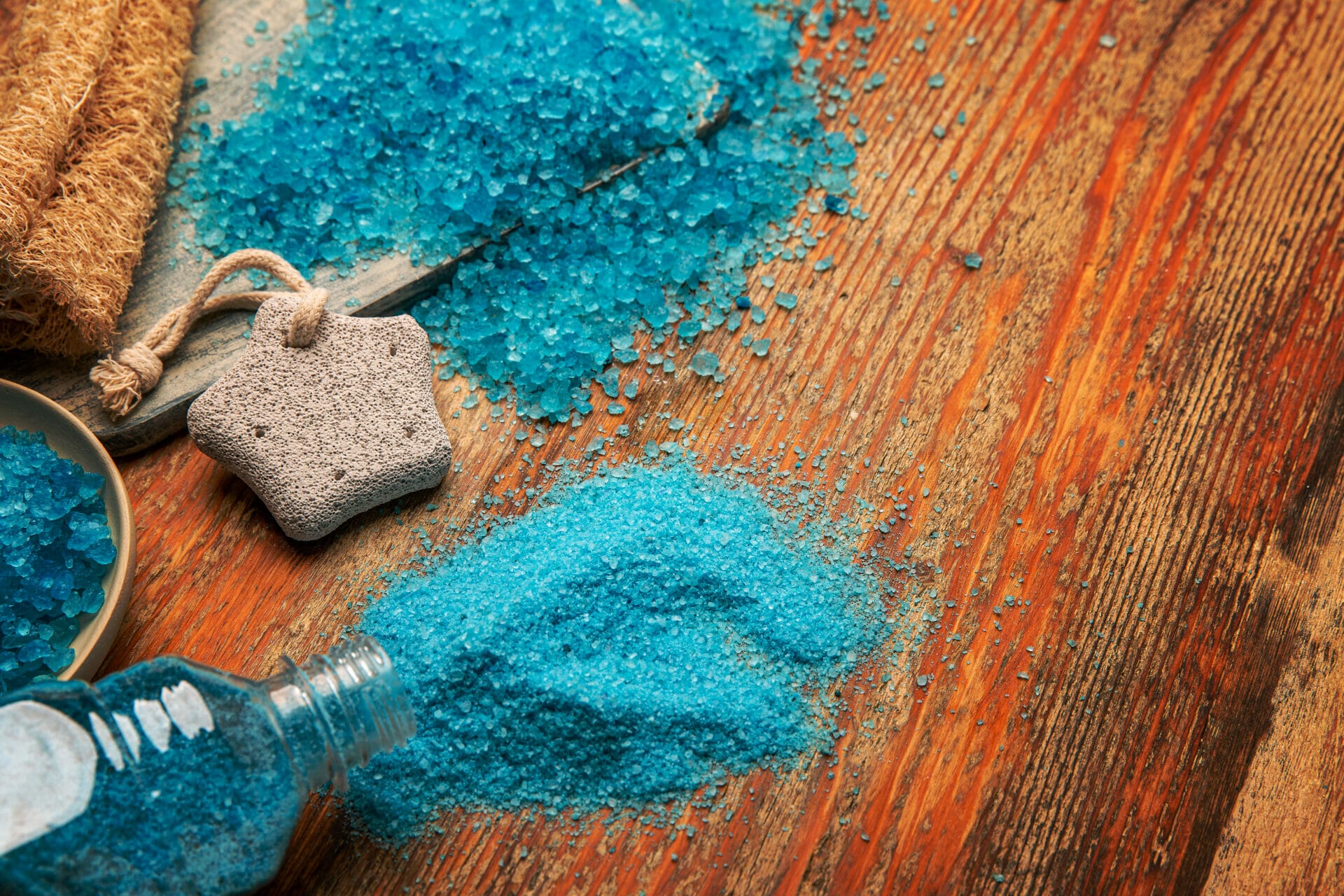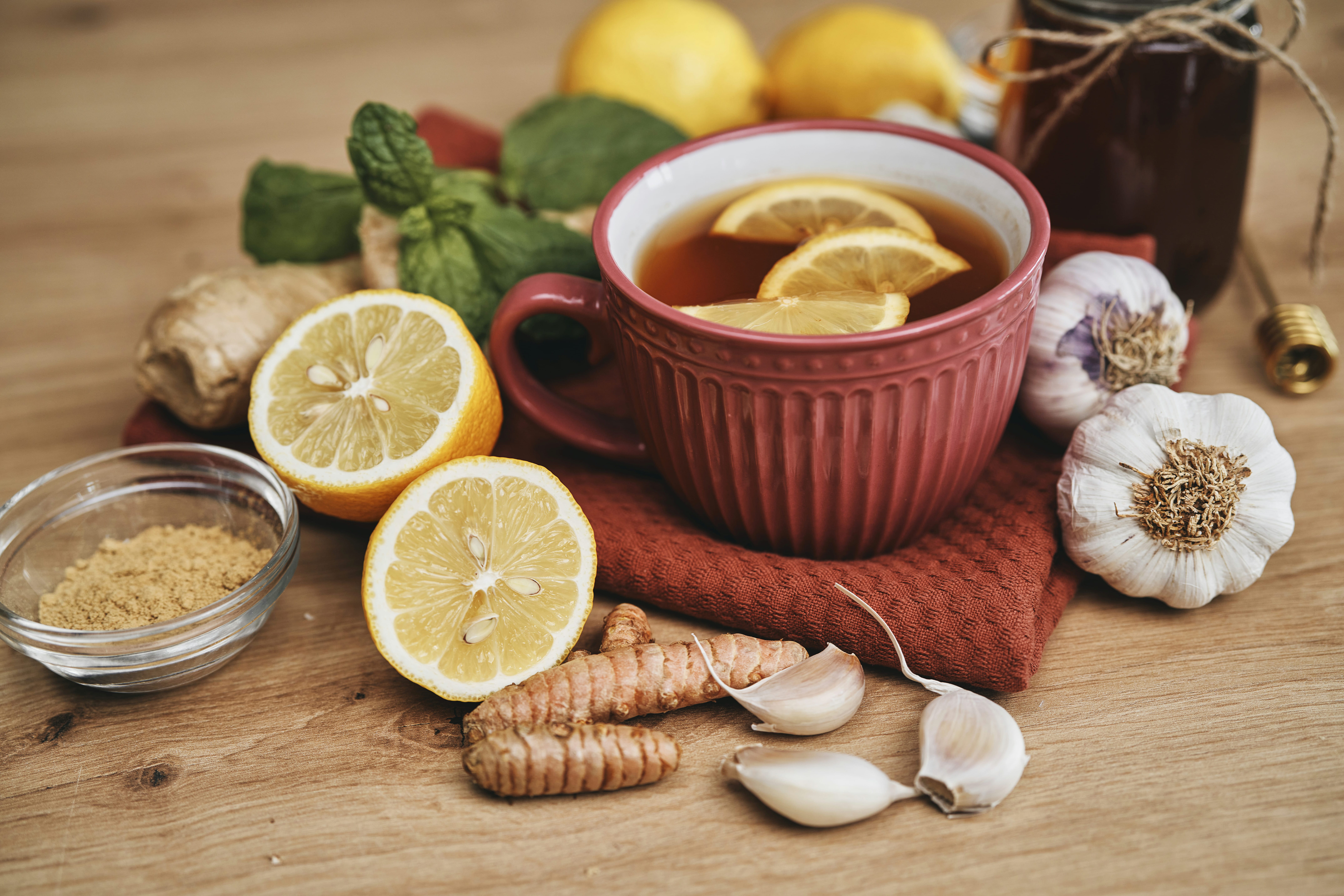What are antioxidants?
The trillions of cells in the body face formidable threats, ranging from a lack of food to virus infection. Let’s explore the best ingredients for antioxidants for Skin in 2022. Chemicals known as free radicals are another constant threat. They are capable of causing cell and genetic material damage at extremely high concentrations. As an unavoidable by-product of converting food into energy, the body produces free radicals. Free radicals are also formed as a result of physical activity or exposure to cigarette smoke, air pollution, and sunlight. What are Antioxidants for Skin 2022?
Free radicals can be found in a variety of shapes, sizes, and chemical configurations for antioxidants. What they all have in common is a voracious appetite for electrons, which they steal from any nearby substance that will yield them. This electron theft has the potential to significantly alter the “loser’s” structure or function. Free radical damage has the potential to alter the instructions coded in a strand of DNA. It can increase the likelihood of a circulating low-density lipoprotein (LDL, also known as bad cholesterol) molecule becoming trapped in an artery wall. It can also alter a cell’s membrane, altering the flow of what enters and exits the cell. An excess of free radicals in the body over time causes oxidative stress, which can damage cells and lead to chronic diseases.
We are not defenseless in the face of free radicals. The body, long accustomed to this relentless assault, produces a plethora of molecules that quench free radicals as effectively as water does fire. We also extract anti-free radicals from food. These defenders are referred to as “antioxidants.” They function by generously supplying electrons to free radicals while not converting to electron-scavenging substances themselves. They are also involved in mechanisms that repair DNA and keep cells healthy.
Antioxidants can be made up of hundreds, if not thousands, of different substances. Vitamin C, vitamin E, beta-carotene, and other related carotenoids, as well as the minerals selenium and manganese, are the most well-known. They’re joined by glutathione, coenzyme Q10, lipoic acid, flavonoids, phenols, polyphenols, phytoestrogens, and a slew of other nutrients. The majority are naturally occurring, and their presence in food is most likely to prevent oxidation or to act as a natural defense against the local environment.
Antioxidants for skin are important because they protect the skin from the sun and other environmental stressors. They function by neutralizing free radicals, which can cause cell damage and premature aging. Some antioxidants, such as vitamin C, are also good for collagen production, which keeps the skin looking young and healthy.
Antioxidants have been studied for their potential use in dermatology to assist dermatologists in managing oxidative stress on the skin.

Mangosteen Extract
One of the mangosteen’s most notable characteristics is its distinct antioxidant profile. Antioxidants are compounds that can counteract the harmful effects of potentially harmful molecules known as free radicals, which have been linked to a variety of chronic diseases. Mangosteen contains antioxidant-rich nutrients such as vitamin C and folate. It also contains xanthones, a type of plant compound with strong antioxidant properties.
Furthermore, these antioxidants scavenge harmful toxins and by-products that can cause oxidative stress and premature aging, as well as other skin issues. Furthermore, mangosteen extract’s anti-inflammatory properties can help soothe irritated skin and reduce inflammation. When these benefits are considered together, mangosteen extract is a valuable addition to any skincare regimen.
Grape Seed Extract
The grape seed extract is high in antioxidants, which have been shown to protect the skin from free radical damage. These antioxidants scavenge harmful toxins and byproducts that can cause oxidative stress and premature aging, as well as other skin issues. Grape seed extract also contains proanthocyanins, which are plant compounds that are particularly beneficial to the skin. Proanthocyanins aid in the reduction of inflammation, the stimulation of collagen production, and the protection of the skin from sun damage. Taken together, these advantages make grape seed extract an important component of any skincare regimen.
The antioxidants in grape seed extract have the potential to protect blood vessels from damage, potentially preventing high blood pressure. “Grape seed proanthocyanin extract (GSPE) provides superior antioxidant efficacy as compared to Vitamins C, E, and -carotene,” according to one study published in the journal Mutation Research/Fundamental and Molecular Mechanisms of Mutagenesis.
The National Center for Complementary and Integrative Health (NCCIH) notes that it may help reduce systolic blood pressure and heart rate, but it will not help reduce lipid levels, such as cholesterol, in the blood.
Green Tea Extract
Green tea extract’s health benefits are primarily due to its high antioxidant content, which scavenges potentially harmful toxins and by-products that can harm cells. Antioxidants can help your body reduce oxidative stress by fighting cell damage caused by molecules known as free radicals. Cell damage is linked to aging and a variety of diseases.
Catechins, a type of polyphenol antioxidant, make up the majority of the antioxidant content of green tea extract. Among the catechins found in green tea, epigallocatechin gallate (EGCG) has received the most attention and is thought to have the most health benefits. Green tea extract has been shown in studies to increase your body’s antioxidant capacity (the activity of your body’s antioxidant enzymes) and protect against oxidative stress. As a result, associated health issues may be avoided.
According to one study, green tea extract helps protect the skin from UV radiation from the sun by increasing the sunburn threshold and decreasing the number of sunburn cells. Furthermore, green tea extract has been shown to reduce the appearance of wrinkles and increase skin elasticity.
Acai Extract
Acai berries are small, dark purple fruits that grow in the Amazon rainforest. For centuries, Amazonian indigenous peoples have used the fruit for its nutritional and medicinal properties. Acai extract is high in antioxidants, which help protect the skin from free radical damage. Acai berries are thought to have more antioxidants than cranberries, raspberries, blackberries, strawberries, and blueberries. Acai’s chemical constituents may also help to reduce swelling, lower blood sugar levels, and stimulate the immune system.
Acai extract has been shown in several studies to improve skin health. Acai extract was found to be effective in reducing skin inflammation and wrinkles in a study published in the journal Phytotherapy Research. Another study published in the journal Food Chemistry discovered that acai extract inhibited the production of enzymes associated with skin aging.
Overall, there is compelling scientific evidence to support the use of acai extract for skin health and Antioxidants.

Cranberry Extract
Cranberry extract is high in antioxidants, which have been linked to a variety of health benefits, including skin health. Cranberries were used in traditional UTI treatments. However, studies on the effects of cranberries on UTI treatment have yielded conflicting results. For example, one study published in 2016 discovered that medical professionals most commonly recommend cranberries to women who have recurrent UTIs. In addition, a 2014 study of 516 participants discovered that taking a capsule of cranberry extract twice daily reduced the occurrence of UTIs.
Cranberries contain a high concentration of antioxidants proanthocyanins (PACs), which help prevent certain bacteria from adhering to the urinary tract walls. Cranberries’ PACs aid in infection prevention in this way. However, according to one 2015 study, while cranberry capsules can achieve this, cranberry juice is unlikely to have the same effect. Antioxidants are important.
This is because preventing bacterial adhesion requires a high concentration of cranberry extract. PAC levels in commercially available cranberry juice are not as high. In the meantime, one 2019 study discovered that, while cranberries did not appear to eliminate the bacteria that cause UTIs, combining cranberry extract with caprylic acid derived from coconut oil and oregano essential oil extract resulted in the eradication of the most common bacteria, Escherichia coli.
Furthermore, according to one study, cranberry extract can protect human skin cells from UV radiation damage. Furthermore, studies have shown that cranberry extract can reduce inflammation and improve the appearance of skin lesions. These findings suggest that cranberry extract could be a useful ingredient in skincare products because it can help protect against sun damage and improve skin appearance for antioxidants.
Tremella Fuciformis
Tremella fuciformis is a fungus in the Tremellaceae family. The fungus’ fruit body is white and gelatinous, with a smooth surface. It can be found throughout Europe, North America, Asia, and Africa.
When your body is exposed to too many free radicals, it can cause oxidative stress, which can have negative health consequences such as cell and tissue damage. Antioxidants are molecules that aid in the neutralization of free radicals, thereby protecting your body from oxidative stress. White fungus polysaccharides have been shown in test tubes to reduce oxidative stress by fighting free radicals. This may help you avoid certain chronic conditions.
T. fuciformis produces antioxidants, which aid in the protection of skin cells. According to one study, T. fuciformis extract can protect human skin cells from UV radiation damage. T. fuciformis was also found to be capable of reducing free radical damage in human skin cells in another study. As a result, T. fuciformis is a good natural option for skin health.
Conclusion Antioxidants for Skin and Antioxidants Skin Care
Antioxidants are essential for good skin health. They not only help the body eliminate free radicals but have also been shown to reduce wrinkles and fine lines over time. Leafy green vegetables, berries, citrus fruits, dark chocolate (in moderation), nuts, and seeds are all high in antioxidants. If you want more antioxidant power in the form of food or drink supplements, try taking antioxidant supplements like vitamin C, which have powerful effects on aging cells and collagen production in the skin!


